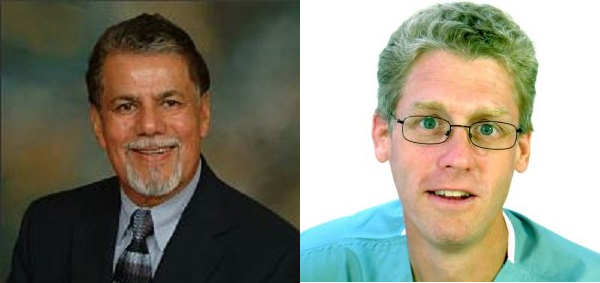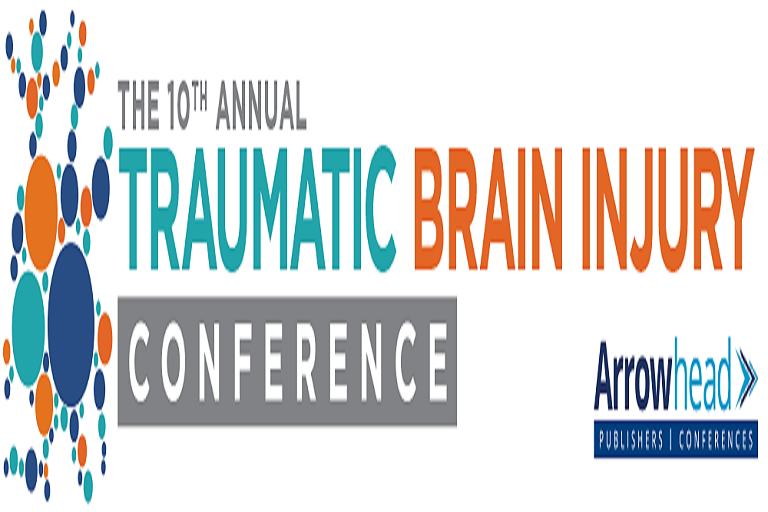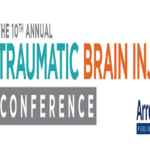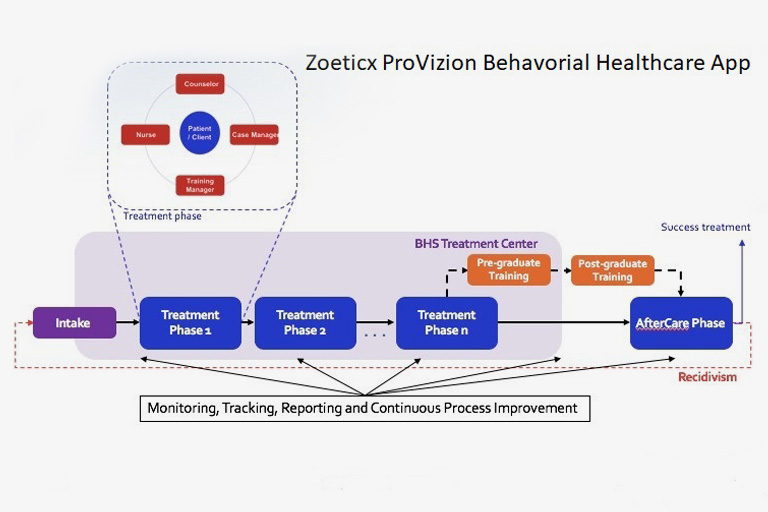By David Conejo, CEO, Rehoboth McKinley Christian Health Care Services and Donald Voltz, MD, Aultman Hospital, Department of Anesthesiology, Medical Director of the Main Operating Room
The statistics are terrifying. According to the National Institute on Alcohol Abuse and Alcoholism (NIAAA) Alcohol poisoning kills six people every day. Of those, 76 percent are adults ages 35-64, and three of every four people killed by alcohol poisoning are men. The group with the most alcohol poisoning deaths per million people is American Indians/Alaska Natives (49.1 per 1 million). More than 15 million people struggle with an alcohol use disorder in the United States, but less than eight percent of those receive treatment.
Almost 72,000 Americans died last year from drug overdoses, a record high acknowledging an increase of about 10 percent, according to new preliminary estimates from the Centers for Disease Control. The death toll is higher than the peak yearly death totals from H.I.V., car crashes and even US gun deaths.
Treating addiction is not a simple process and the current treatment of 90-day detox programs works well if you have thousands of beds, staff and other resources. The actual behavioral health treatment of addition is not much better. It is still a time-consuming process requiring individual diagnosis, but largely driven by paper and trial and error guesswork.
Meanwhile heroin, fentanyl and other synthetic drugsaddictions were surpassing alcoholism. Gallup, New Mexico Last year 104 peopledied from drug and alcohol abuse in McKinley County, NM while the statesuffered 1,952 deaths, the 13thhighest in the US.
One of the nation’s epicenters of addiction is Gallup, New Mexico where 22,000 addicts await a behavioral healthcare fix. While there are many tech solutions in healthcare, behavioral health does not receive the same level of attention as physical health, despite mental, behavioral, and physical health being inextricably linked, as the World Health Organization noted in a 2014 report.
One of the widest chasms between the two began in US healthcare in 2010 with the transition from paper to electronic patient medical records. However, these electronic health care (EHR) systems have been focused on the physical side of medical recording, leaving the behavioral side with little support.
While care collaboration through interoperability remains one of the major challenges in the healthcare industry, collaboration between physical and behavioral health has is also behind the curve. Behavioral health services (BHS) operate and are updated based on paper records, leaving challenges around efficiency, communication and the ability to scale treatment operations.
Historically, clinicians have directly performed assessments of people for the purposes of diagnosis, monitoring the progression of an illness, or evaluating responses to treatment. For example, a person’s mental state can be evaluated by examining movement patterns, mood states, social interactions (e.g., number of texts and phone calls made, content of interactions), behaviors or activities at different times of day, vocal tone, speed, word choices, facial expressions, biometric and heath measures.
While assessing an individual’s symptomatology, large quantities of behavioral data can provide vital information for researchers to increase their understanding of mental illnesses and mental wellbeing, help develop better interventions and better health outcomes, and potentially predict who may be at risk of developing behavioral health problems.
Providers Addicted to Records and Files
A physical health issue can require visits to a primary care physician, specialists, and possibly x-ray technicians along with the records and paper trails that go along with it, the treatment of behavioral health is often much more complex. If a patient requiring behavioral care shows up at an urgent care facility and receives treatment, that data doesn’t get back to the patient’s primary care provider. The primary care provider only learns of the visit if the patient decides to give them that data. The PCP can’t pull information from possible business partners in the area to know when there’s been a change.
A substance abuse patient needs a physical and mental examination before they can check into the behavioral health center. An intake coordinator starts that process, then the patient sees a nurse, and then a counselor. But the person also has depression and needs to see a psychiatrist and they also need to go to the detox center at the hospital. Chances are they also have social problems to worry about such as child support, perhaps a bankruptcy case, or they’re headed to jail.
In addition, different behavioral treatment centers may have operational differences such as the number of treatment phases and the ability to track, monitor and anticipate recidivism after patients graduate from treatment centers. There are also differing manual processes and types of tracking documentation used by facilities while training programs may or may not be part of treatment centers as well.
In a typical BHS treatment center, their process and workflow comprise admission and treatment which includes assigning a treatment counselor, nurse for withdrawal, case manager and training program coordinator. There is also a program for job training, an aftercare phase along with monitoring, tracking, reporting and progress improvement or non-progress on treatment programs against the outcome of the overall program.
However, this phase is cumbersome due to the lack of an electronic recording system for behavioral health as most records are stored as PDFs in EHR systems. In addition to these limitations, there is lack of support to track progress or non-progress on patient outcomes.
Unlike the ‘physical’ medical approach, behavioral care treatments tend to be more subjective to each care provider and require a longer time to monitor and record positive outcomes from treatment. Behavioral treatment depends more on data analytics from patients to determine the best approach for patient engagements. There are also additional data categories required for BHS such as chemical dependency assessment, a treatment plan, social service related data, a training program and related data and mental health assessments.
When considering all this additional data versus data requirements for physical care, it seems like a process that is almost designed to be slow and cumbersome. So if the parameters of treatment can’t be changed to accommodate the surge in addicts, the only other consideration is the treatment process.
Treating 22,000 Addicts
To treat Gallup’s 22,000 addicts, we began a technology search to overcome these traditional barriers and have implemented Zoeticx’s ProVizion behavioral health service software that monitors and tracks patient’s behavioral health. The preventative app monitors the healthcare needs of those suffering from addiction, dementia and other behavioral health diseases with reports derived from specific criteria devised by their providers to develop the most effective diagnosis. These reports also enable healthcare institutions to optimize efficiencies and facilitate patient care planning.
This app will enable hospitals to break through the barriers of traditional behavioral healthcare and monitor and track addicts in real-time. The Zoeticx driven mobile devises generate topic-based reports that can quickly be compiled. Successful treatment plans need to be based on accurate, identifiable data.
Providers need to identify, track and manage behavioral health by symptoms, ethnicity, substances, and other points of data to create care categories and similar data that can integrate with a hospital’s EHR systems. This type of capability will also enable hospitals and clinics to identify patient symptom commonalities and leverage those findings, facilitating patient treatment and avoid resource consuming individual patient research. These types of reports could even be used for grant applications.
Collaboration among care providers and patients are critical for successful treatment outcomes and is based on information shared between care providers. The current paper record approach limits such collaboration and limits the overall efficiency of the BHS treatment center operation.
Authors:

By David Conejo, CEO, Rehoboth McKinley Christian Health Care Services and Donald Voltz, MD, Aultman Hospital, Department of Anesthesiology, Medical Director of the Main Operating Room








































